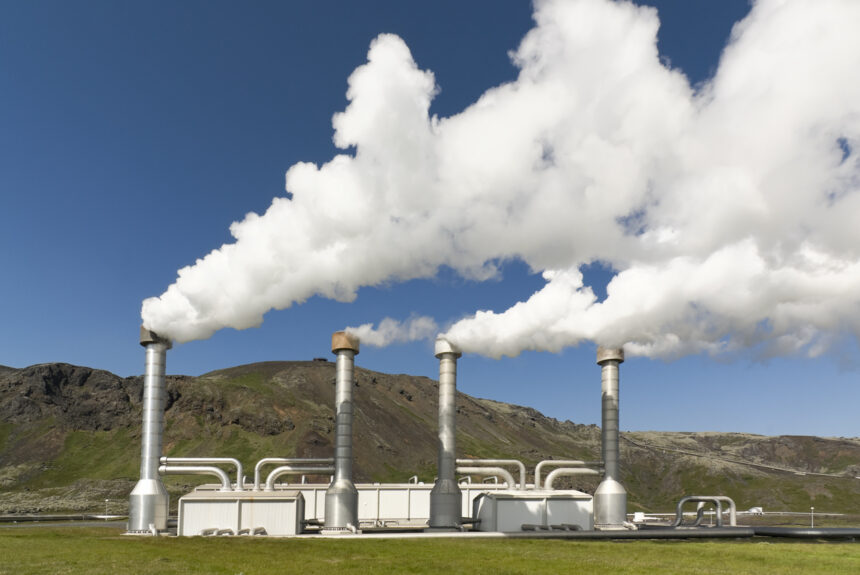In a long overdue but welcome move, the Biden administration has made it easier to develop dependable, clean power on federal lands. The Department of Interior’s Bureau of Land Management (BLM) recently announced it will speed up the approval process for geothermal projects on public lands. Geothermal offers tremendous potential as a reliable, emissions-free power source, and technological advancements have already reduced the time and cost of pilot projects in the U.S. BLM’s decision is a productive step forward that could help with rapid, widespread deployment of geothermal energy.
>>>READ: Geothermal Development and Policy HEATs Up
BLM’s recent action improves the process for geothermal projects without compromising the environment by expanding the use of categorical exclusions under the National Environmental Policy Act (NEPA).
What does that mean exactly? NEPA requires federal agencies to conduct comprehensive environmental assessments for a wide range of projects, including many major energy projects. There are multiple steps in the NEPA process beginning with an environmental assessment, which determines if the proposed action significantly affects the environment. Categorical exclusions may be granted, which effectively act as a NEPA waiver if the action is determined to have no significant impacts on the environment or human health.
Categorical exclusions do not require an environmental assessment or an environmental impact statement. As noted in BLM’s press release, the agency is adopting two existing categorical exclusions from the United States Forest Service and the Department of the Navy. BLM can use either one to justify its case for adopting such an exclusion.
Geothermal has numerous applications. It supplies firm, dispatchable electricity, provides home heat and hot water, and can play a critical role in agricultural production. Conventional geothermal systems are geographically constrained because they use heat and water close to the surface, like hot springs, which are only available in certain locations around the world. Advanced, or superhot rock, geothermal has significant scalability potential because it addresses the geographic constraints typically associated with the energy source by deploying smart extraction technologies, much like those used in the fracking revolution.
According to a recent report from the Clean Air Task Force (CATF), “Just 1% of superhot rock energy potential in the U.S. could produce 4.3 terawatts of clean firm power – equivalent to 21 billion barrels of oil, or enough energy to power New York City 687 times over.” CATF’s report also shows the tremendous technical prospects for geothermal on federal lands.
Of course, cost will play a determining factor in how widely deployable geothermal will be.
Several geothermal startups are making notable progress. For instance, Sage Geothermal recently raised $17 million in Series A funding to build a commercial project that acts as an “earthen battery” to store energy from wind and solar power. Last September, the company launched its pilot project from an abandoned gas well and found its technology to be “cost-competitive with lithium-ion batteries, pumped storage hydropower, and natural gas peaker plants.” Another geothermal startup, Fervo Energy, has reportedly reduced drilling time by 70 percent and reduced costs from $9.4 million to $4.8 million per well.
>>>READ: Fervo Energy Announces Combined Geothermal and Direct Air Capture Plant
Lengthy permitting processes and protracted litigation can increase costs for innovative technologies. As was recently discussed in a webinar centered around accelerating energy innovation, time is money. Resources spent navigating complex bureaucracies, waiting on government approvals, or litigating in court is costly and devotes resources away from more productive investments. C3 has advocated using categorical exclusions for geothermal, and several bills marked up in the House Natural Resources Committee would improve permitting procedures for geothermal on all lands while protecting against excessive lawsuits.
Outdated policies and bureaucratic regulations should not stand in the way of innovative technologies competing in the market. This is especially true when the policies increase time and cost for negligible environmental return. While more policy reform is necessary, the Biden administration should be commended for its efforts to improve geothermal permitting on federal land.
The views and opinions expressed are those of the author’s and do not necessarily reflect the official policy or position of C3.
